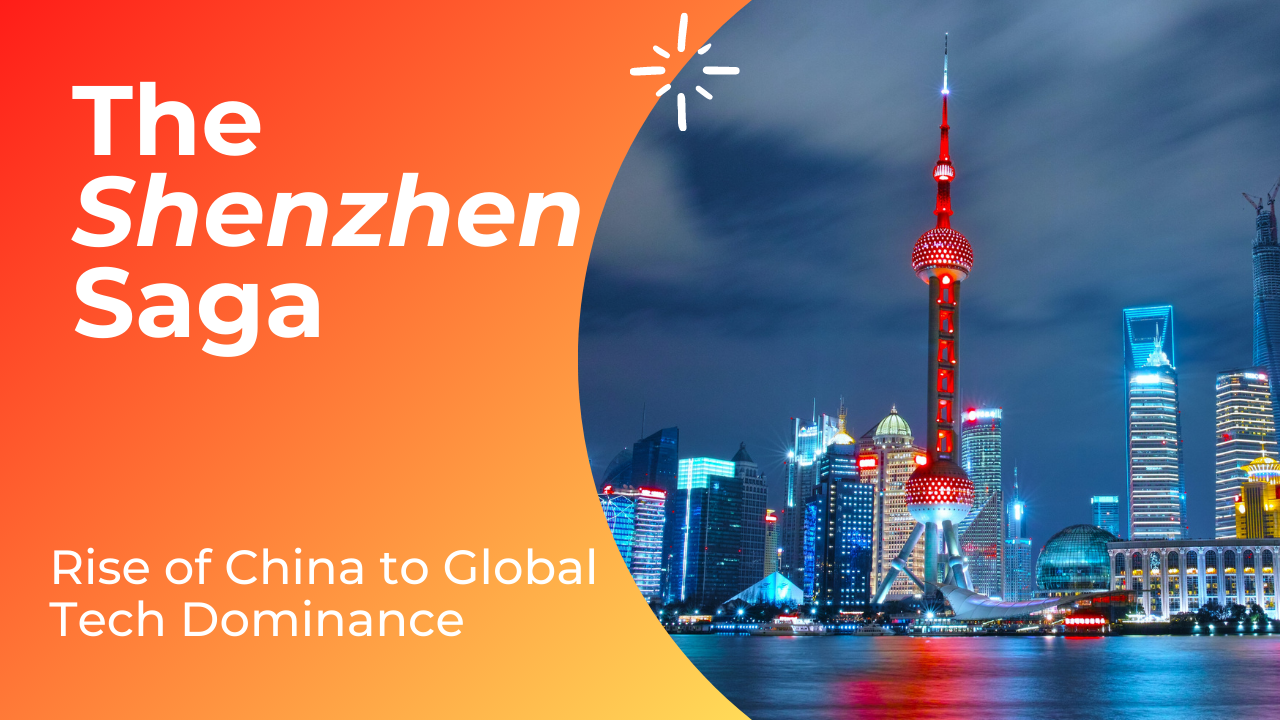
Why are Chinese products cheaper? | The Shenzhen Saga
How and Why are Chinese Products and phones cheaper?
We keep cribbing about boycotting Chinese goods, especially mobile phones and other tech. We often wonder how China came to be in a position of prominence, but do we ever delve deeply into why it achieved such success? Everything can't be done by emotions. There is no point in discussing the Chinese phone situation in India simply because there is not enough competition from non-Chinese brands in India.
When one, as a consumer, a price conscious consumer is put in a market to buy electronic devices like smartphones. What is one going to do? Definitely buy the one which gives the most value for your hard-earned money. Not everyone can afford to spend a premium for other non-Chinese OEMs. If you can, you should do it. There is, however, a catch: not everyone can pull it off.
Check out: Best Budget Mechanical Keyboard: Cosmic Byte Neon Rainbow Mechanical Keyboard Review
Thinking about how these Chinese Markets can do it for so less price than the competition? After all, if the USA has Silicon Valley, Shenzhen is the Silicon Valley of Hardware for sure. To understand, it is necessary to dive into the epicentre of China's tech revolution centre, Shenzhen.
The story behind Shenzhen
Shenzhen actually started off as a settlement where fishing and paddy fields were the main occupations. Quickly enough, it transformed into a manufacturing hub within 30 years. Rewind to the 1970s. During that time there was stagnation. Soon after that, the government opened up. They started aggressive development and chose manufacturing as the key sector. Anyone who came here to Shenzhen wanted freedom. It stood as the pillar of technology, knowledge and a window to the external world.
Shenzhen actually started off as a source. A source of discovery. A source of inspiration. A way to take the ideas to the west.
There were various moments which pushed it forward like the Maker Moment. What makes Shenzhen so special? How did they develop this electronic expertise? What gave them the edge? They divide the work into groups of groups. Something like an idea. There are lots of groups and everyone knows each other. One group can do parts of manufacturing, another group does something else and so on. Thus, the whole city works together.
How did the Chinese community develop their skills?

Skills are learned through their mentors. These mentors are old entrepreneurs and they pass it on through apprenticeship. It's a cycle. You learn through the apprenticeship, then you start business by opening a booth. Then, it is passed on to others. Now in this age of capitalism where one thinks about one's own growth at the expense of others and fighting on cut throat competition, one gets to witness a one-of-a-kind collaborative environment where focus is on the collective development of technology and benefit for all.
If one is left wondering, why do other countries don't grow? It's because in other countries like the US, there is no such open-source world. There exists a patent system, IP filings, lawyers and so on. This acts as a drag and hurdle for small companies. For e.g. one knows the US products individually as brands, while in China it is simply called as Chinese products. It's simply because of collaboration. In Shenzhen, it is called sharing, while in the west it is called theft! Soon, there were companies like Foxconn, Moto, etc. which had plants here.
The Mind Shift
There were smart engineers who got pissed off by the management and were like “I can build a phone better and faster than these guys can. I can also make it for ½ the price if we just cut the crap." So, they quit their job, talked to their friends, created the supply chain and built copycat phones.
According to them, they just open sourced what should have been open sourced in the first place. I feel it because of this mentality, it gave rise to a phenomenal customizable ecosystem.
Conclusion
To conclude, they will continue to innovate no matter what. They were doing it despite the government. They will keep walking their paths, if you cut them out, they will simply make new paths. It's just that people here earn places by their talents.
What they do in the future would be interesting to see as they did this from the ground for 30 years. It would be great to see such collaborative zones crop up internationally too but with the touch of uniqueness.



Comments